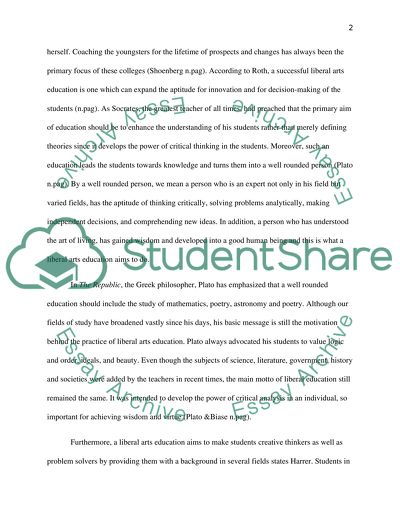Cite this document
(“Purposes and Practices of Liberal Art Colleges Essay”, n.d.)
Retrieved from https://studentshare.org/philosophy/1398647-pros-cons-of-liberal-arts-college
Retrieved from https://studentshare.org/philosophy/1398647-pros-cons-of-liberal-arts-college
(Purposes and Practices of Liberal Art Colleges Essay)
https://studentshare.org/philosophy/1398647-pros-cons-of-liberal-arts-college.
https://studentshare.org/philosophy/1398647-pros-cons-of-liberal-arts-college.
“Purposes and Practices of Liberal Art Colleges Essay”, n.d. https://studentshare.org/philosophy/1398647-pros-cons-of-liberal-arts-college.


